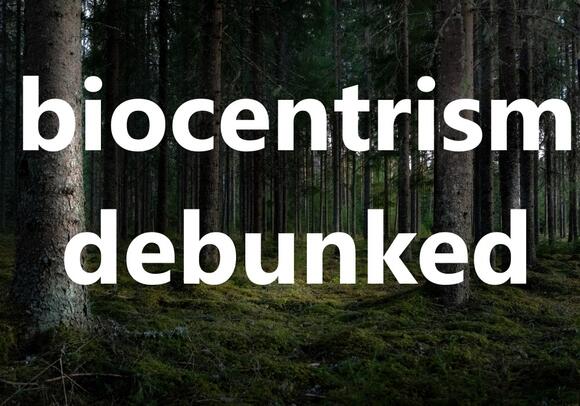Biocentrism, a philosophical viewpoint that places nature and living organisms at the center of ethical considerations, has gained attention and sparked debates in various intellectual circles. In this article, we will delve into the core tenets of biocentrism debunked, analyze its claims, and explore arguments that challenge this perspective. Let’s unravel the complexities surrounding biocentrism debunked and seek a clearer understanding of its implications.
Understanding Biocentrism
The Essence of Biocentrism
Biocentrism posits that all living entities have intrinsic value, and ethical decisions should prioritize the well-being of the biosphere. This perspective stands in contrast to anthropocentrism, which places humans at the center of ethical considerations.
Key Principles of Biocentrism
Biocentrism emphasizes interconnectedness, ecological sustainability, and the intrinsic value of all life. These principles guide ethical decisions and environmental policies, fostering a holistic approach to our relationship with the natural world.
Claims of Biocentrism
Intrinsic Value of All Life
One of the central claims of biocentrism is that all living entities possess intrinsic value. This implies that every organism, from microorganisms to complex ecosystems, should be accorded ethical consideration independent of its utility to humans.
Interconnectedness and Ecological Harmony
Biocentrism argues for recognizing the intricate web of relationships in nature. It contends that the well-being of one species is intertwined with the well-being of others, promoting ecological harmony and balance.
Ethical Prioritization of Nature
In ethical decision-making, biocentrism advocates for prioritizing the interests of nature over human-centric considerations. This principle challenges traditional ethical frameworks that often prioritize human needs and desires.
Debunking Biocentrism
Anthropocentric Critiques
Critics argue that biocentrism, while well-intentioned, oversimplifies the complexities of environmental ethics. They contend that prioritizing all life forms equally may neglect the practical realities of resource allocation and conservation efforts.
Lack of Practicality
Some detractors question the practicality of implementing biocentric principles in real-world scenarios. They argue that in certain situations, human interests and well-being must take precedence for the sake of survival and societal progress.
Ethical Subjectivity
Biocentrism’s emphasis on intrinsic value raises questions about the subjective nature of ethical considerations. Critics argue that determining the intrinsic value of different species is a subjective and challenging task, leading to potential inconsistencies in ethical decision-making.
A Balanced Perspective
Recognizing the Importance of Nature
While debunking specific claims, it’s essential to acknowledge the importance of nature and biodiversity. Many critiques of biocentrism stem from a desire to strike a balance between ecological conservation and human welfare.
Anthropocentric Ecological Responsibility
Acknowledging human influence on the environment doesn’t diminish the importance of responsible ecological practices. Critics propose an anthropocentric approach that prioritizes sustainable development and ethical treatment of the environment without fully adopting the biocentric stance.
Conclusion
In conclusion, the debate around biocentrism raises profound questions about our ethical responsibilities toward the environment. While some claims of biocentrism face valid challenges, the importance of environmental conservation and responsible resource management remains undeniable. Striking a balance between anthropocentric and biocentric perspectives is crucial for fostering a sustainable and ethically conscious relationship with the natural world.




